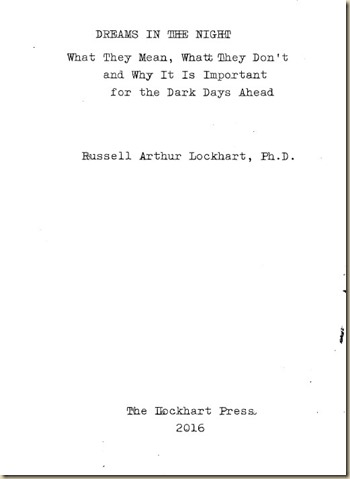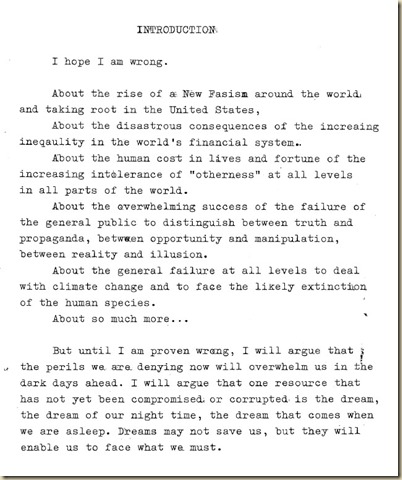September
14
PACO MITCHELL’S REPLY TO RUSS’ CATS ACCEPTING CHRIST BLOG POST
Hi Russ,
When I first read that you’d had a dream instructing you, point-blank, to read a Wallace Stevens poem every day, I was not in the least surprised that you planned to accede to the dream-mandate. How could you not? After all, to refuse such a dream-hatched directive is a most foolish thing to do.
So, when you next announced your plan to respond to each daily Wallace Stevens poem in whatever poetic way came to you, I thought: “Harrumph! Well, that’s certainly an interesting project, old boy! Eminently sensible. Stands to reason.”
Then I read your first “Stray”:
Gods and Tuna
A little-known secret:
Cats accepting Christ
Buddha and all the others
Like so many tuna
Humans could learn
From cats—but don’t
Wait for that to happen
It’s hard for me to describe what happened when I read the second line—“Cats accepting Christ.” I was like one struck by lightning—a commonplace phrase unless it happens to you. I’ve read a lot of wonderful poetry in my life, but there was something about those three words that “electrified” me.
Knowing the danger of explanations and interpretations, which can drain the precious life-essence out of a poem or a dream, I’m reluctant to say too much about my experience, besides scrabbling for a handful of superlatives. Perhaps I can make a couple of comparisons, though.
Anyone who would like to get a feeling for the quality of my “Cats Accepting Christ” experience, might consider looking up Jorge Luis Borges’ marvelous story, The Aleph. An aleph is a “point that contains all points,” and whoever sees one can see every point in the universe simultaneously. Such was the rush of images that flooded my mind when I first read that little line, that the experience reminded me of the aleph!
Another way to think about my “poetic” experience is to imagine spinning together—as in an immense ball of yarn—the entire history of Western religion from the most primitive animal ancestors, the archaic shamanic cults, through the Egyptian cat-goddesses, to Dionysian blood-rituals and mystery-cults, to Christ and the Christian Mass—the body and blood of Christ—all the way up to the present, the New Dispensation and the Coming Guest.
As you can see, this kind of experience does not readily lend itself to explanation, unless one is willing to emulate Philip K. Dick, who spent years of his life, writing 8,000 pages, in pursuit of his visionary exegesis.
Needless to say, I was dumbstruck, and I couldn’t stop thinking about how I was being affected by that simple spontaneous line. Not being Philip K. Dick, however, and having been afflicted with an annoying series of Mercury Retrograde misfortunes, I did manage to compose this little poem in response:
Cats may accept Christ,
Buddha, and all the others,
In the form of tuna—
So solemnly addressed
With licking tongues and gnawing fangs,
Whiskers quivering over the sacrificial bowl.
“This is the body of Christ, my child,
Take and eat."
Alternatively, cats may also accept roast beef, lamb, pork or kibble
As Christ, et al.
But what about water from the tap?
“This is the blood of Christ, my child!
Take and drink."
I’m just skimming over the surface with this little poem, of course, but it will have to do for now. Besides, it keeps me in the flow of your poem. Thanks so much for posting your “Strays.”
Paco Mitchell


